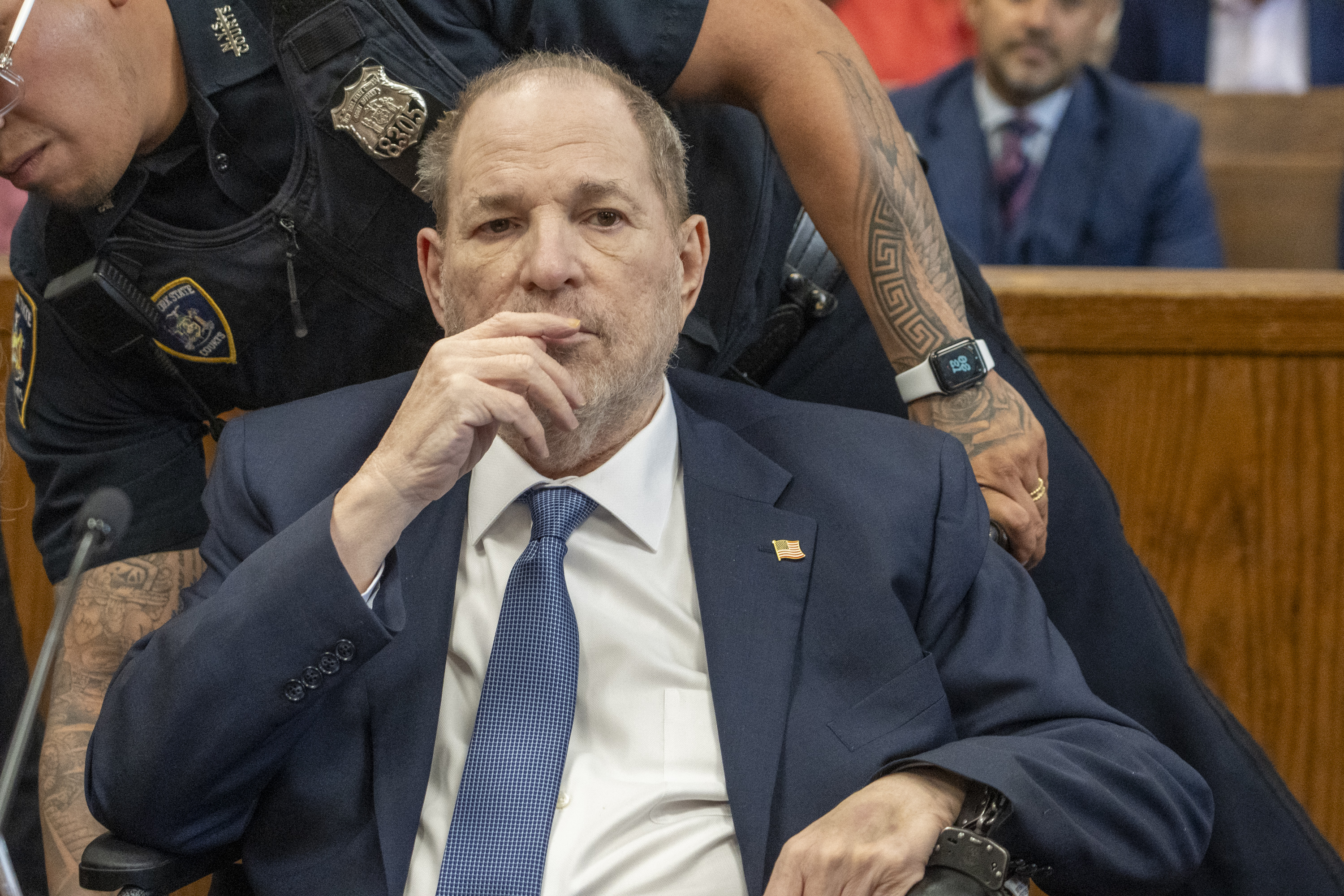Violence is on the rise again in Colombia, especially in cities, even as the military continues its gains against the guerrilla insurgency. Murder rates in Medellín—while still a far cry from their 1990s peak—have tripled in the last three years, largely as the result of narcotrafficking. As mayor of Medellín from 2003 to 2007, Sergio Fajardo sought to combat violence by complementing military efforts with social intervention in poverty-stricken neighborhoods. Fajardo—the running mate of Antanas Mockus, the runner-up in this summer's presidential election—spoke to NEWSWEEK's Mike Giglio about the necessity of using soft power and social outreach in Latin America's drug war. Excerpts:
There has been well-documented military success against violence in colombia. so why focus on things like education and architecture?
There is an entrance door to the world of violence and delinquency. And we have to act within that world. You need the police, the justice system, the military, and all these things. And we have done those in Colombia. But we have to close that entrance door. It's a door that is very wide open in Medellín.
How do you keep people from entering that world?
By opening up other doors so that our people have alternatives. We have to dedicate quite an effort to building hope. Everyone, eventually, should see the possibility for success for themselves here. That means quality education, full public education—in science, technology, innovation, entrepreneurship, and culture.
How does architecture play into this?
We are going to build the most beautiful things for the humblest people in the city. That's a political decision. We are going to go to the spaces of the city where we know we have the most need, and we are going to come up with architecture as a social program. That's the first step in building a new society, and it deals with a word that is not often used in politics, which is dignity. And that's a respect for the humblest people in town. Usually you don't talk about those things. Some people say, "Well, it's just a building." It's not just a building. It's a public space, and the dignity of the space means the whole society has invested there. The whole society is present there.
Are there limits to what the military can do to fight the violence?
The military and the police—they have to act. But what I'm saying, there also have to be internal interventions. You can capture a drug trafficker, you can capture a guerrilla—which is needed—but if you don't address the entrance door, this will never end.
You have said this is a long-term bet. when will we see the payoff?
Listen, nobody can tell when this is going to be finished. We are fighting a very, very powerful force in narcotrafficking. But that's the strongest force behind everything that has been associated with violence in Colombia. Colombia has given a ferocious battle against it. It has improved; I have no doubt that our country has improved. Colombia has never surrendered to narcotraffic. And many very valuable people have died fighting for our dignity as a country, and we have not yielded to narcotraffic. But that's a battle that you cannot relax for a second.
Is the violence you're seeing now in medellín different from what you saw in 2003?
It's completely different. It's a different violence. It's a violence, a phenomenon, that is appearing throughout Latin America, which is microtrafficking. The violence that is associated with this is different. It's not a violence that is spread through the city. It's not a violence where you have kidnappings and things like that. It's a violence more located within certain neighborhoods, where we have to continue working.
Uncommon Knowledge
Newsweek is committed to challenging conventional wisdom and finding connections in the search for common ground.
Newsweek is committed to challenging conventional wisdom and finding connections in the search for common ground.
About the writer
To read how Newsweek uses AI as a newsroom tool, Click here.








